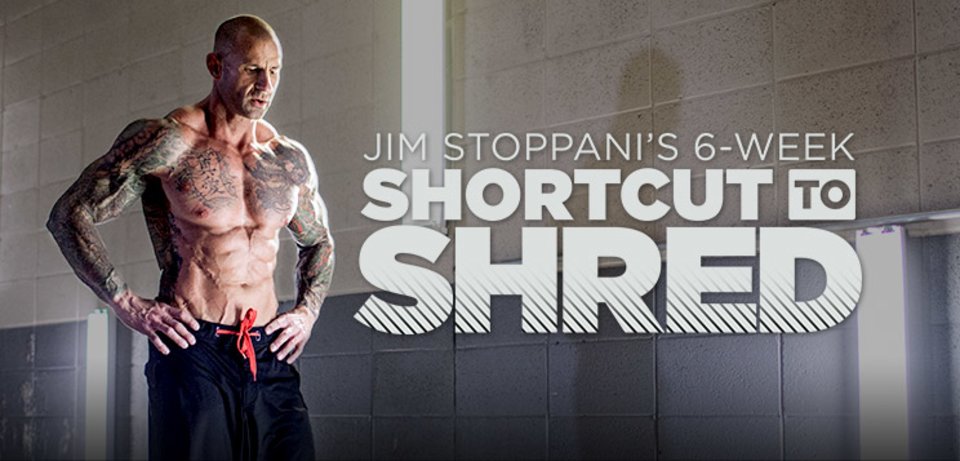
Can you talk us through what happened in those and whether there will be ramifications for the 2024 presidential election? And there were a number of democracy-related cases that came before the court this term. PARKS: One of the things that stood out to me is - when I'm not hosting this program, I cover voting for NPR. And he seems to have, at least for this term - who knows what will happen next term - reestablished his chiefship (ph), if we can call it that.

In decisions conservative and not so conservative, he was the controlling factor. TOTENBERG: Well, you know, I look back, and last year, I and every other reporter covering the Supreme Court was saying that Chief Justice Roberts no longer was in control, that he was no longer the center of the court, and he didn't control the institution the way he once did. For some perspective, we're joined now by NPR legal affairs correspondent Nina Totenberg. In addition, it ruled against a controversial legal theory that would have given state legislatures nearly unchecked power to determine election rules. This week alone, it struck down President Biden's student loan forgiveness plan and ruled in favor of a designer who didn't want to work on wedding websites for same-sex couples.

Supreme Court has wrapped another eventful term.


 0 kommentar(er)
0 kommentar(er)
